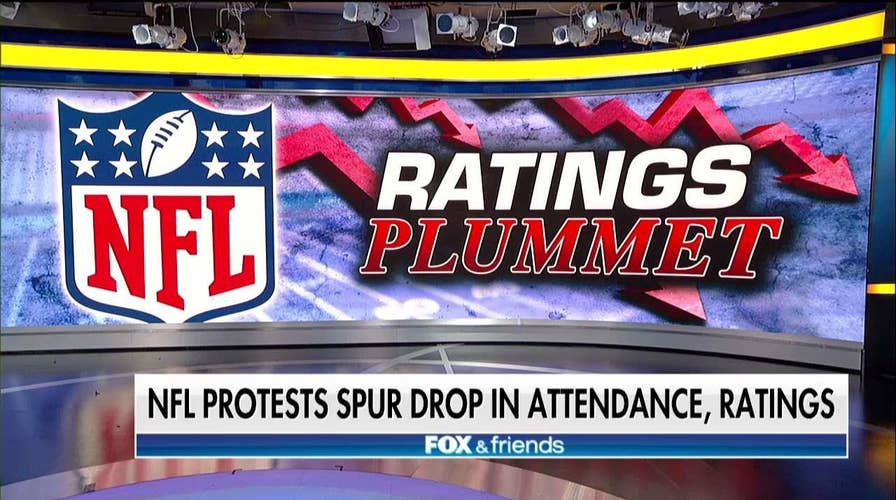The National Football League, still arguably the most popular sport in America (some polls say otherwise), has endured its share of controversies and blunders over the years. But it is safe to say 2017 was a year unlike any other for the league.
Certainly there have been high points, including Texans star J.J. Watt’s awe-inspiring efforts to bring help and hope to hurricane-ravaged Houston.
And the end zone celebrations have been spectacular, effectively diminishing the “No Fun League” moniker (my personal favorites have been the Kansas City potato sack race and, of course, Irish Dancing).
But the inordinate number of serious injuries, sagging attendance and ratings, and particularly the controversy over the national anthem protests cast a shadow over the season.
Women are problem-solvers. We bring valuable insights and perspectives, creatively working to create synergies and solutions that are vital to the success of any industry, even the testosterone-filled world of professional football.
And the NFL still struggles to find answers to these and other significant issues, even with all the resources of a multibillion-dollar business.
I have a proposal. Ask the women.
A campaign by Secret Deodorant recently profiled the NFL’s Special Assistant to the Commissioner and COO Kimberly Fields, who noted that women “bring different insights, our creativity for problem-solving … this league needs that type of thought process to continue to move forward.” Amen, sister!
Fields also spoke of sitting in a room of NFL general managers and owners and counting the women on one hand. And I believe women like her can inspire the change that must happen in order to see the game we love grow and thrive.
Women like Kimberly Fields; NFL Director of Football Development Samantha Rapoport; Dr. Jen Welter (the first woman to coach in the NFL) and others are not only breaking down gender barriers, but also impacting the NFL for the better.
Women are problem-solvers. We bring valuable insights and perspectives, creatively working to create synergies and solutions that are vital to the success of any industry, even the testosterone-filled world of professional football. And the more the league can embrace these facts, the greater its chance is to thrive and even reach new levels in the coming years.
Studies show that companies with multiple women in leadership roles make smarter business decisions that lead to higher profits. Why? Diversity of thought is one answer, to be sure.
In research led by Anita Williams Woolley at Carnegie Mellon University, she and her team looked at the collective intelligence of a group in problem-solving situations. The single most important factor in predicting a group’s collective intelligence – and thus its ability to find the best solutions – was its social sensitivity. And women tend to have a higher social sensitivity than men.
Groups involving more women tend to find better, more novel solutions. Again, the diversity of thought and ability to build consensus while analyzing pros and cons are strengths women bring to the decision-making process.
Moreover, it is imperative we have both genders at the table when making high-stakes decisions. As author Dr. Therese Huston has pointed out: “A far too common misconception is that when women are stressed, they become emotional and fall apart, but when men are stressed, they remain calm and clear-headed.”
Neuroscientists find both of these notions to be flawed. Under stress, men tend to focus on rewards and are willing to take gambles. Women, on the other hand, focus on risks.
Women have a unique strength in that they look at possible outcomes and try to minimize the chance of failure. While either could be argued as a better strategy, it is clear that having both perspectives in the room provides balance and better results.
For the NFL to continue its popularity and dominance it must proactively seek diversity in all areas. The key to resolving problems in order to preserve and grow America’s most popular sport is to involve women in every significant area of the business. In the most masculine of games, diversity must become king (or queen).









































